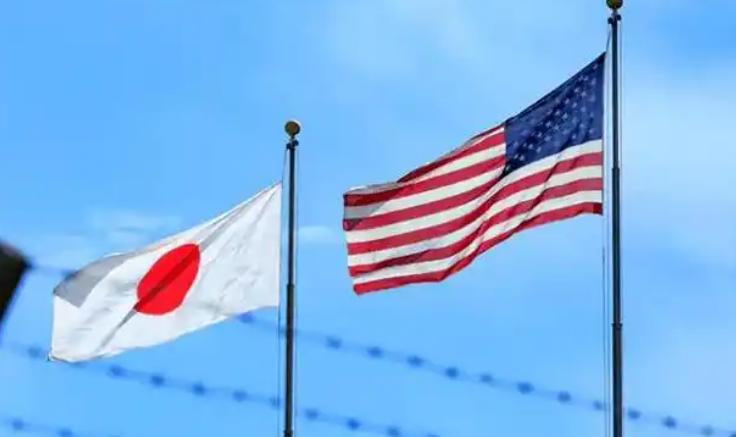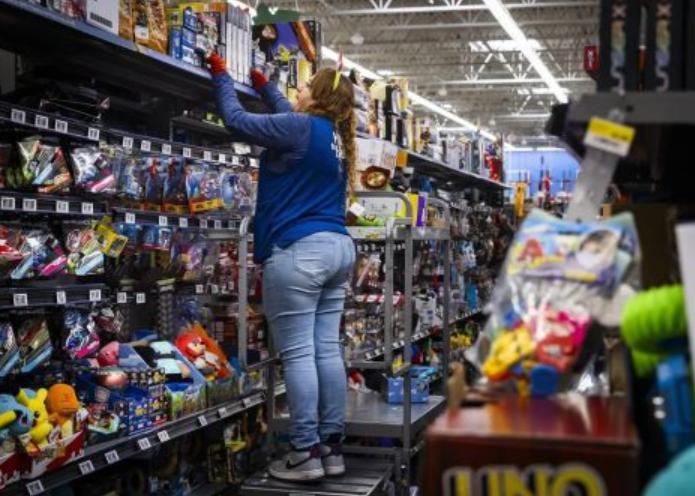
Recently, the United States has officially imposed a 25% tariff on imported medium and heavy-duty trucks and their parts, and a 10% tariff on buses under Section 232 of the Trade Expansion Act. On the eve of the implementation of tariffs, Japan's seven major automakers released their financial results for the first half of fiscal year 2025 (April to September) : consolidated net profits dropped by 27.2% year-on-year, with losses reaching as high as 1.5 trillion yen.
The direct cause of the predicament faced by Japanese automakers is the significant increase in US tariffs. In April 2025, the United States skyrocketed the tariff on imported cars from 2.5% to 27.5%. It was not until September 16 when the United States and Japan reached a bilateral agreement that the tariff was reduced to 15%. However, during the crucial period from April to September, Japanese automakers were almost under 27.5% pressure throughout the entire process. To maintain their market share, most brands choose not to raise prices and are forced to bear huge costs.
No automaker was spared in this tariff storm. Nissan, Mazda and Mitsubishi all suffered losses, with Nissan's net loss reaching as high as 221.9 billion yen. Toyota, the world's largest automaker, also suffered its first operating loss in North America since the 2008 financial crisis. Subaru's net profit plunged by 45%, while Honda's declined by 37%. Japanese automakers collectively complained at their earnings calls, indicating that the industry is falling into a systemic crisis.
The turmoil in the automotive industry rapidly spread to the entire Japanese economy. In 2024, Japan's auto exports to the United States accounted for 28.3% of its total exports to the country, holding an extremely significant position. Data from Japan's Ministry of Finance shows that exports to the United States dropped by 10.2% year-on-year from April to September, with auto exports plummeting by 22.7%. Analysis points out that while Japanese companies' performance has been severely hit by tariffs, they also have to bear the investment commitments made in the US during the Japan-US negotiations, further reducing their investment capacity in Japan and dragging down the national economy.
However, the US tariffs were merely the "last straw" that broke the back of Japanese automakers. The decline in the global market competitiveness of Japanese brands is a more profound issue. Its market share in China dropped from 24.1% in 2020 to 11.6%, almost halving. In the "back garden" market of Southeast Asia, the share has also dropped from over 80% to 62%. What is even more fatal is that in the global wave of electric vehicles, Japanese automakers have clearly fallen behind. Nissan focused on developing hybrid vehicles, Toyota bet on hydrogen energy, and Honda concentrated on plug-in hybrids, thus missing the crucial window for the explosive growth of pure electric vehicles. The Nissan Ariya has received a lukewarm response, and major brands have yet to come up with truly popular pure electric products.
Facing the crisis, major automakers have all launched self-rescue efforts. Nissan has sold its headquarters building and plans to close seven factories and lay off 20,000 employees by 2027. This is not for transformation but for survival. Mitsubishi is considering cooperating with Nissan on the North American factory. Mazda has increased production at its Alabama plant in cooperation with Toyota. Subaru has launched a cost-cutting plan, aiming to cut 200 billion yen by 2030. However, under the dual pressure of high tariffs and intensified global market competition, it remains unknown whether these measures will be effective.
Looking ahead to the whole year, the situation for Japanese automakers may be even worse. It is estimated that the impact of tariffs will reach 2.5 trillion yen in the fiscal year ending in March 2026, far exceeding the 1.5 trillion yen in the first half of the year. Seiji Sugiura, a senior analyst at Donghai Tokyo Research and Consulting Company, pointed out that different enterprises calculate the burden of supply chain tariffs in different ways, and there are still fluctuations in performance. In addition, new risks have begun to emerge: the suspension of supplies by Chinese-controlled chipmaker Nexperia Semiconductor has led Honda to significantly reduce production at its factories in Mexico and the United States.
Toyota's CFO, Kenta Omi, said, "The situation remains severe for Toyota." Currently, the US Supreme Court is reviewing the legality of Trump's tariffs, and the automotive industry has paid over 8 billion US dollars in tariffs. If the Supreme Court ultimately rules that the tariffs are invalid, enterprises may receive refunds. But for Japanese automakers, the loss of profits and the loss of market share are difficult to fully make up for. The global supply chain has been impacted by political factors, and the backwardness of Japanese automakers in new energy technology has made the crisis even more intractable.
With the United States officially imposing new tariffs on trucks on November 1, 2025, the cold winter for Japan's automotive industry has not only not ended but may have just begun.

A new survey released in the United States shows that in the context of rising prices and growing concerns among the public about the economic outlook of the country, there is a coexistence of frugality and differentiation.
A new survey released in the United States shows that in th…
By the end of 2025, the situation in the Middle East resemb…
According to Channel NewsAsia, international oil prices hav…
On Sunday, US President Donald Trump Trump met with Ukraini…
Officials in the Trump administration, speaking on Fox News…
In 2025, the Trump administration reshaped the global trade…